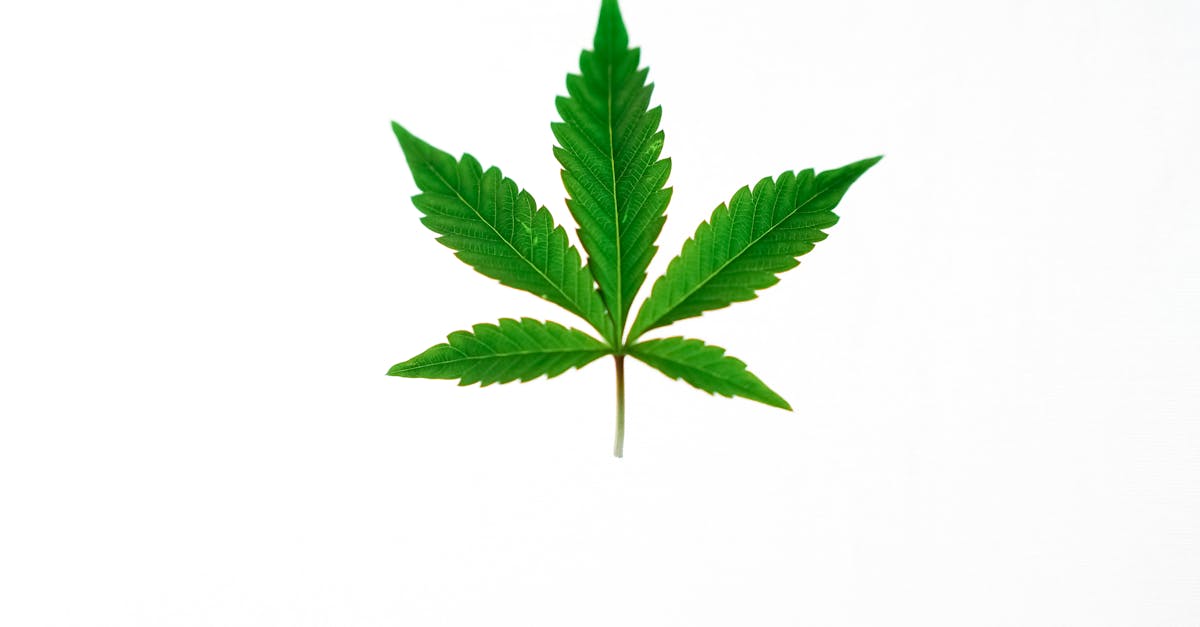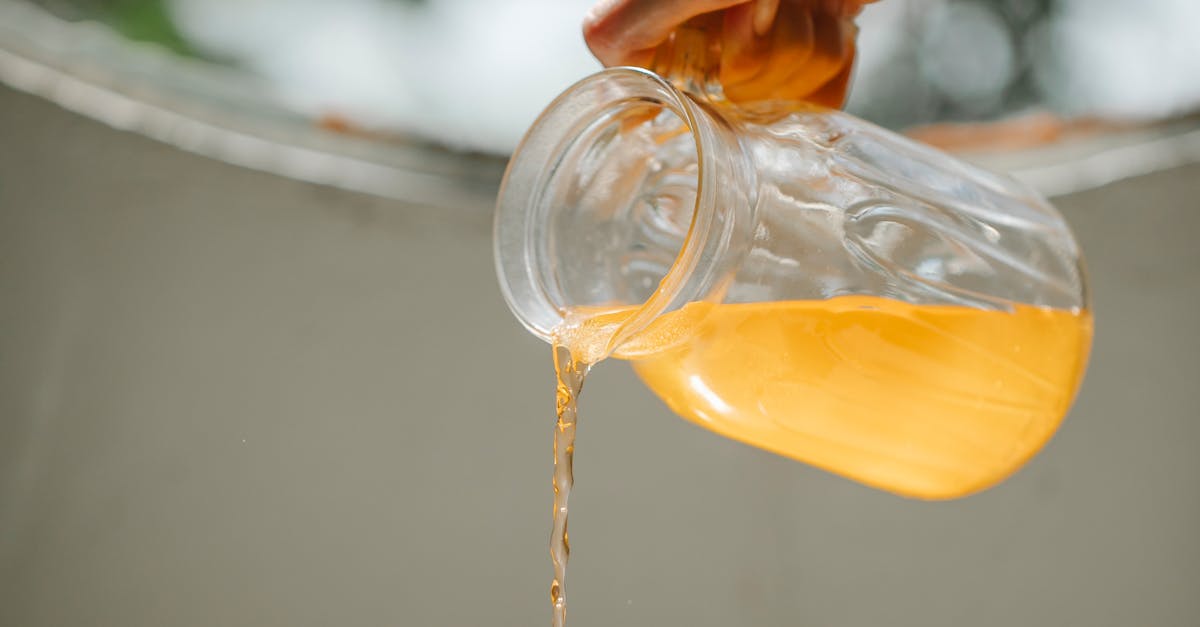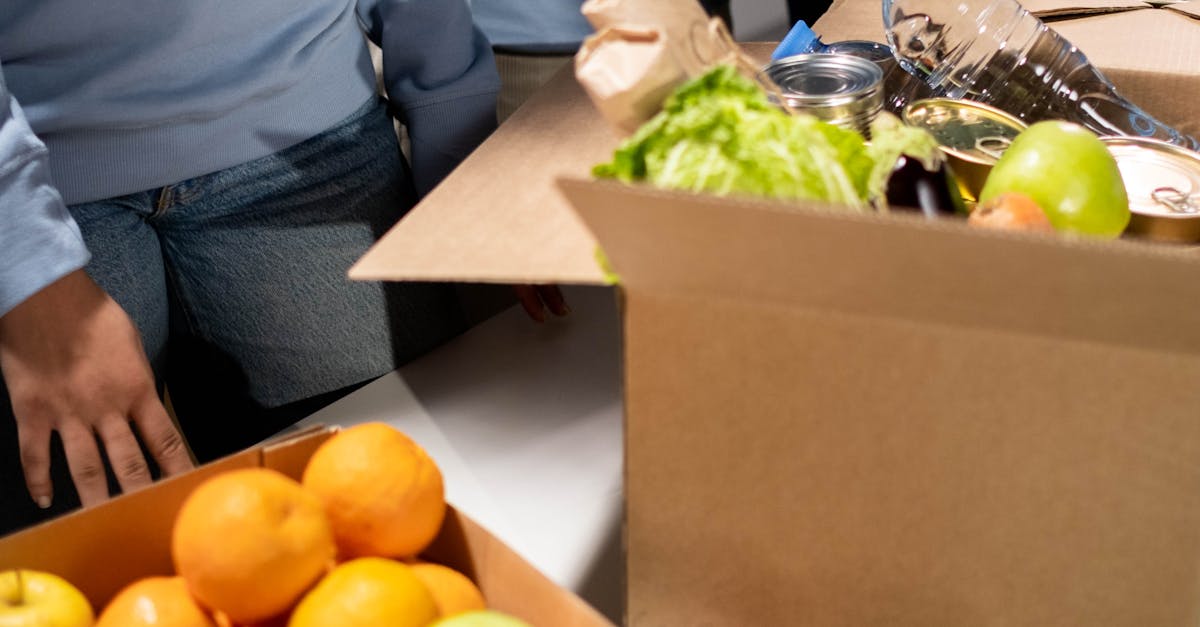
Table Of Contents
Lifestyle Changes to Support Faster Recovery from Edibles
Lifestyle changes can play a crucial role in supporting faster recovery from the effects of Cannabis-Infused Foods. Staying hydrated is essential, as water helps flush out toxins from the body and aids in rehydrating the system that may have been dehydrated due to the consumption of edibles. Additionally, opting for light, nutrient-rich meals can help replenish essential vitamins and minerals that may have been depleted.
Engaging in physical activity can also be beneficial, as it can help stimulate metabolism and promote the release of endorphins, which are natural mood enhancers. Furthermore, getting an adequate amount of sleep is vital for the body to repair and restore itself. Limiting caffeine and alcohol intake can also support recovery, as both substances can interfere with sleep patterns and exacerbate feelings of anxiety or restlessness that may arise from consuming Cannabis-Infused Foods.
Integrating Healthy Habits into Your Routine
When recovering from the effects of edibles, it's crucial to focus on incorporating healthy habits into your daily routine. This can aid in alleviating discomfort and promoting a quicker rebound. One effective way is to prioritize hydration by drinking plenty of water throughout the day. Hydration helps flush out toxins from your system and can help reduce the intensity and duration of the aftereffects caused by consuming Cannabis-Infused Foods.
Moreover, incorporating nutrient-rich meals into your diet can support your body's recovery process. Opt for foods high in antioxidants, such as fruits and vegetables, to combat oxidative stress. Additionally, incorporating regular physical activity into your routine can help boost your metabolism and promote overall well-being as your body works to process the remaining traces of cannabinoids from the Cannabis-Infused Foods.
How to Talk to a Medical Professional About Your Edibles Experience
Talking to a medical professional about your experience with Cannabis-Infused Foods is essential for receiving proper guidance and support. When approaching a healthcare provider, honesty is key. Be transparent about the quantity and type of edibles consumed, as well as the symptoms you are experiencing. Detailing the timeline of when you ingested the edibles and when symptoms started to manifest can help medical professionals assess the situation more accurately.
Moreover, it is important to be receptive to the advice and recommendations provided by the medical professional regarding your encounter with Cannabis-Infused Foods. They may suggest monitoring your symptoms, staying hydrated, or seeking further medical attention based on the severity of your condition. Remember that healthcare providers are there to assist you in navigating through any challenges that may arise from consuming edibles, and adhering to their guidance can contribute to a smoother recovery process.
Communicating Effectively for Proper Assistance
When seeking assistance after consuming Cannabis-Infused Foods in an overwhelming manner, effective communication is crucial for receiving the appropriate support. Clearly articulating your symptoms, level of discomfort, and the timeline of consumption will aid medical professionals in understanding your situation better. Express yourself honestly without downplaying or exaggerating the effects you are experiencing, as accurate information is essential for them to provide appropriate guidance. Openly sharing your concerns will facilitate a more accurate assessment of your condition and aid in determining the best course of action for your recovery.
Moreover, do not hesitate to ask questions or seek clarification if you do not understand the information provided by healthcare professionals. Request details on the potential effects of Cannabis-Infused Foods in your system, the expected timeline for recovery, and any specific steps you should take to alleviate discomfort. Being actively engaged in the conversation and showing a willingness to learn will not only empower you in your recovery process but also ensure that you have a clear understanding of the actions required to aid your recovery from edibles consumption.
Creating a Support System for Dealing with Edibles Aftereffects
Creating a support system can significantly aid individuals in coping with the aftereffects of consuming cannabis-infused foods. Engaging with friends, family members, or support groups can offer a sense of understanding and comfort during this process. Sharing one's experience and feelings openly can help reduce feelings of isolation and anxiety that may arise from consuming edibles.
Moreover, participating in activities such as yoga, meditation, or art therapy with individuals who comprehend the effects of Cannabis-Infused Foods can provide a safe space for relaxation and healing. Connecting with like-minded individuals who have experienced similar situations can diminish the stigma often associated with consuming edibles and foster a sense of community support. This camaraderie can offer valuable insights, coping strategies, and a shared sense of recovery.
Building a Network of Understanding Individuals
Building a network of understanding individuals can be instrumental in helping you recover from consuming cannabis-infused foods. Surrounding yourself with supportive friends or family members who are knowledgeable about the effects of edibles can provide you with comfort and guidance during this challenging time. These individuals can offer empathy, share their experiences, and offer practical tips to help you navigate the aftermath of consuming edibles.
Additionally, connecting with support groups or online communities focused on cannabis use can also be beneficial. Engaging in discussions with people who have gone through similar experiences can help you feel less alone and more understood. These platforms can provide a safe space for you to share your concerns, ask questions, and receive valuable advice on how to manage the effects of cannabis-infused foods in a supportive environment.
FAQS
What are some lifestyle changes that can support faster recovery from edibles?
Lifestyle changes such as staying hydrated, getting plenty of rest, and eating nutritious foods can help support faster recovery from edibles.
How should I talk to a medical professional about my edibles experience?
When talking to a medical professional about your edibles experience, be honest and provide as much detail as possible about what you consumed and how you are feeling.
How can I create a support system for dealing with edibles aftereffects?
You can create a support system for dealing with edibles aftereffects by reaching out to understanding individuals, such as friends or family, who can provide emotional support and assistance.
What healthy habits should I integrate into my routine to help recover from edibles?
Integrating healthy habits such as exercise, mindfulness practices, and seeking professional help if needed can support your recovery from edibles.
How can I communicate effectively to receive proper assistance for recovering from edibles?
To receive proper assistance for recovering from edibles, communicate openly and clearly with medical professionals or support networks about your symptoms and needs.






